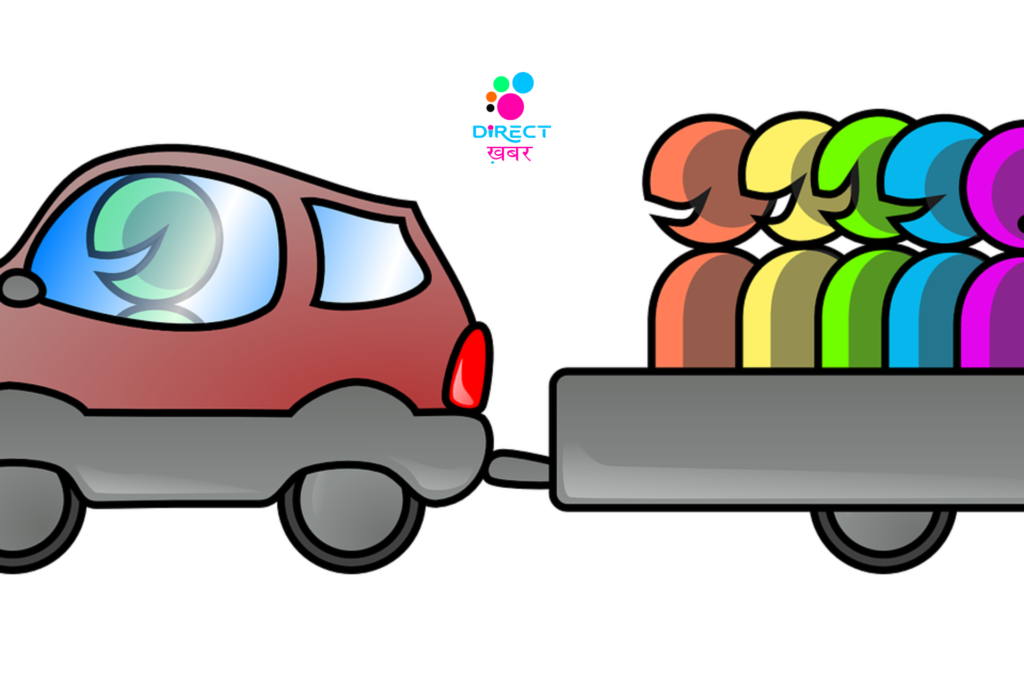The Benefits of Carpooling: Saving Money and Reducing Emissions
Carpooling, a simple concept of sharing rides with others, holds significant benefits beyond just transportation. This practice not only saves money but also contributes to environmental sustainability by reducing emissions. In this article, we will delve into the multifaceted advantages of Car share, exploring how it can positively impact individuals, communities, and the planet.
Economic Benefits:
Cost Savings:
Car share allows individuals to split fuel costs, reducing the financial burden of commuting.
Shared expenses for tolls, parking fees, and maintenance further contribute to cost savings.
Reduced Vehicle Expenses:
By decreasing mileage, Car share helps extend the lifespan of vehicles, reducing the need for frequent repairs and replacements.
Lower mileage also leads to decreased depreciation, preserving the value of vehicles over time.

Environmental Impact:
Emission Reduction:
Car share reduces the number of vehicles on the road, consequently lowering greenhouse gas emissions and air pollution.
Sharing rides reduces overall fuel consumption, leading to a smaller carbon footprint per passenger.
Conservation of Resources:
Decreased fuel consumption through Car share helps conserve finite natural resources like oil and gas.
Reduced traffic congestion leads to less idling and smoother traffic flow, further optimizing fuel efficiency and minimizing environmental impact.
Social Benefits:
Community Building:
Car share fosters social connections among commuters, promoting a sense of camaraderie and belonging.
Shared rides provide opportunities for networking and building relationships with coworkers, neighbors, or fellow students.
Reduced Traffic Congestion:
By sharing rides, carpoolers contribute to alleviating traffic congestion, making roads less congested and travel more efficient for everyone.
Reduced congestion translates to shorter commute times and less stress for commuters, improving overall quality of life.
Health and Well-being:
Stress Reduction:
Carpooling allows passengers to relax during their commute, reducing stress associated with driving in traffic.
Sharing the responsibility of driving can also alleviate mental fatigue and promote a more positive commuting experience.

Physical Activity:
Opting for carpooling encourages individuals to incorporate physical activity into their daily routine by walking or biking to meet their carpool group.
Increased physical activity contributes to improved cardiovascular health and overall well-being.
Policy Implications:
Incentive Programs:
Governments and employers can implement incentive programs to encourage carpooling, such as preferential parking for carpoolers or tax incentives for ridesharing.
Subsidies for carpooling services or public transportation can further incentivize individuals to choose sustainable commuting options.
Infrastructure Development:
Investments in carpool lanes, designated pickup/drop-off points, and ridesharing infrastructure can facilitate and promote carpooling as a viable transportation solution.
Integrating carpooling into urban planning initiatives can help reduce reliance on single-occupancy vehicles and promote more sustainable transportation habits.
Carpooling offers a multitude of benefits ranging from financial savings and environmental conservation to social connection and improved well-being. By embracing this sustainable transportation practice, individuals can play a proactive role in reducing emissions, alleviating traffic congestion, and fostering stronger communities.
As governments, employers, and communities continue to recognize the value of carpooling, initiatives and policies can be implemented to further incentivize and support this eco-friendly mode of transportation, ultimately contributing to a greener and more sustainable future.
Governments can allocate funding towards infrastructure improvements that support carpooling initiatives, such as expanding carpool lanes, enhancing ridesharing infrastructure, and implementing supportive policies.
Incentive programs such as tax credits, subsidies, or toll discounts for carpoolers can further encourage participation and offset commuting costs.
Regular monitoring and evaluation of carpooling programs can provide insights into their effectiveness and areas for improvement.
Collecting data on participation rates, emissions reductions, and cost savings can help stakeholders assess the impact of carpooling initiatives and make informed decisions for future planning.
This practice not only saves money but also contributes to environmental sustainability by reducing emissions. In this article, we will delve into the multifaceted advantages of carpooling, exploring how it can positively impact individuals, communities, and the planet.






